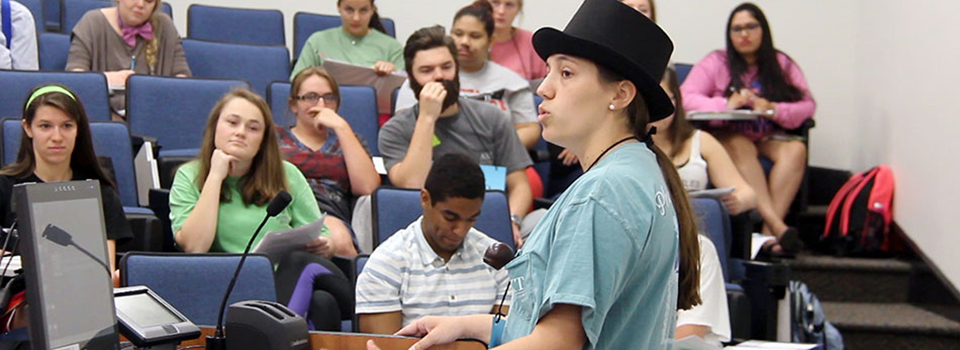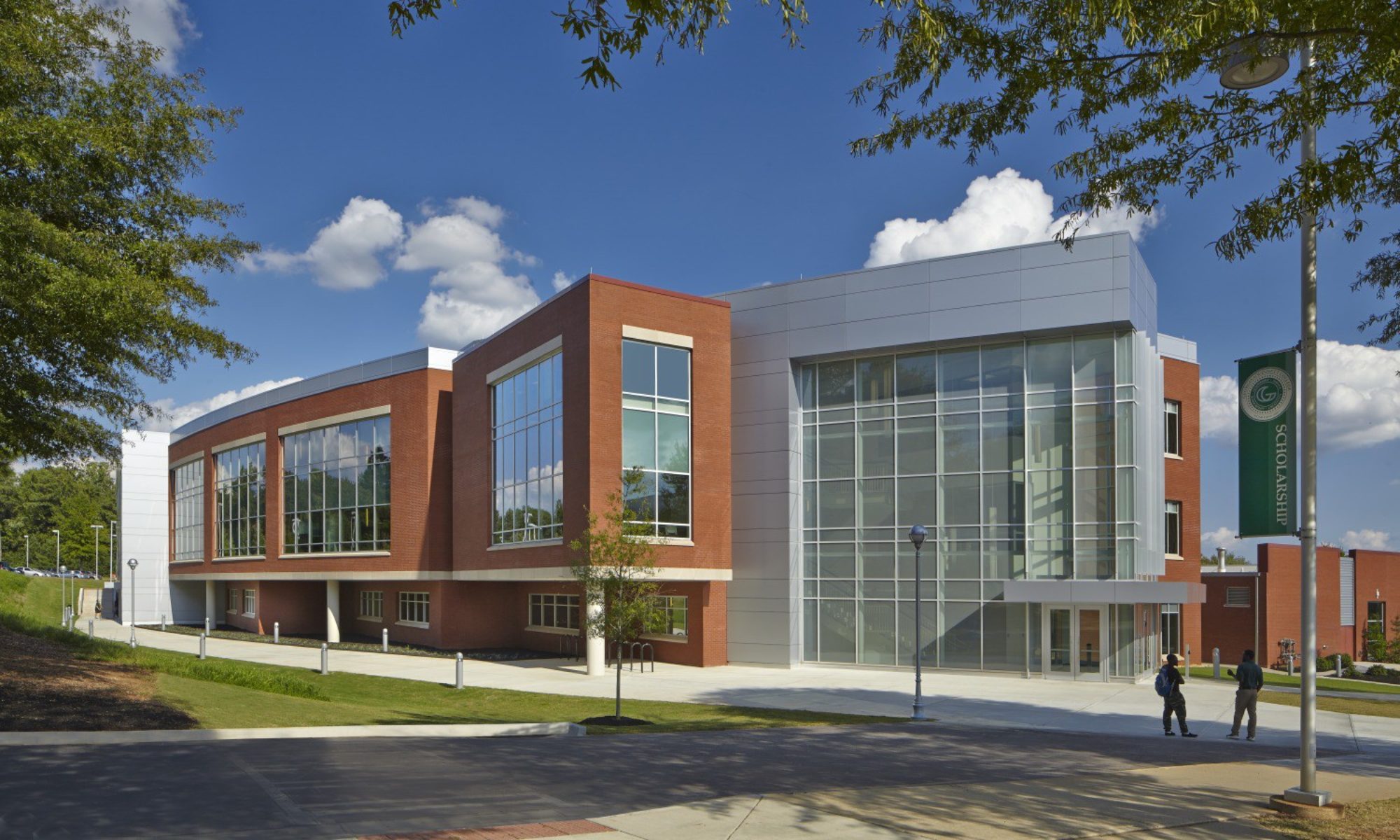The CTE Summer Institute provides an opportunity for GGC faculty to strengthen and enhance their teaching skills through a series of workshops on a variety of innovative and effective teaching practices. Feel free to sign up for any or all of the workshops listed below.

Tuesday, June 4th from 2:00 p.m. – 5:00 p.m.: Learning Through Play With Reacting to the Past – Thomas Chase Hagood (UGA) and Naomi J. Norman (UGA)
Reacting to the Past (RTTP) courses employ different pedagogy than most traditional classes. Students learn by taking on roles in elaborate games set in the past; they practice skills – speaking, writing, critical thinking, problem solving, leadership, and teamwork – related to substantive issues and moments of conflict. Since its inception, RTTP has been utilized across First Year Experiences and honors courses and across a wide range of disciplines including: political science, geography, epidemiology, classics, mathematics, history, and much more. Participants will get an overview of this pedagogy and play the London 1854: Cesspits, Cholera and Conflict over the Broad Street Pump game to better understand how immersive role-play can engage students in a process that includes all the key elements of high-impact teaching and learning. A “post-mortem” and debriefing will assist participants in understanding how to adapt this RTTP across a range of curricular settings and majors to the benefit of students and faculty!

Wednesday, June 5th from 2:00 p.m. – 5:00 p.m.: Constructive Conflict Engagement in Higher Education – Esther Jordan (KSU)
We all experience conflict in our lives, in our academic work and beyond. While some of us dread it and others thrive in it, there are principles from the literature in organizational psychology and conflict management that can make our conflict engagements more constructive. This workshop will provide an interactive introduction to some of those principles, an opportunity to apply them to a relevant case, and guided reflection for application in our own contexts, including teaching, research, service, and administrative work. While the emphasis in this session will be on conflict in the academy, the principles apply to the rest of our lives as well.

Thursday, June 6th from 2:00 p.m. – 5:00 p.m.: Transparency in Learning and Teaching – Denise Pinette Domizi (USG) and Rod McRae (UWG)
Research shows that, with minimal training, faculty who make two course assignments “transparent” lead students to gains in academic achievement, academic confidence, sense of belonging, and mastery of those skills most valued by employers. Results are particularly strong with historically at-risk students. Based on the Transparency in Learning and Teaching (TiLT) work of Mary-Ann Winkelmes, participants will learn and practice how to make an assignment transparent by clearly defining its purpose, the specific tasks students will perform, and criteria for success. The facilitators will model this process by helping participants work through sample assignments, and then their own assignments, to make them more transparent. Be sure to bring an assignment you have used in the past.
